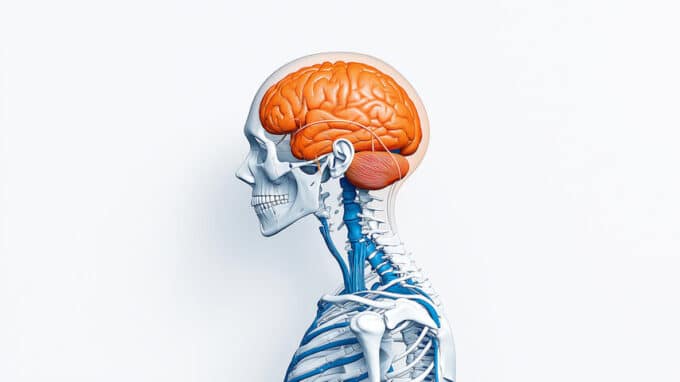A newly discovered line of communication between body muscles and the pituitary gland may play an unexpected role in female fertility, according to a new study.
Infertility Therapies
McGill University researchers found that a protein produced in muscles helps control the release of a hormone made in the pea-sized gland at the base of the brain. “Until now, it was not known that these two organs communicated with each other or how they did so,” said lead author Daniel Bernard, a professor in McGill’s Department of Pharmacology and Therapeutics. ‘This discovery opens a new chapter in our understanding of the body and its complex interrelationships.’ The findings, published in Science, could lead to new treatments for infertility, according to the researchers.
How Muscle Building Could Backfire
The pituitary hormone studied, known as follicle-stimulating hormone (FSH), promotes the maturation of eggs in the ovaries. Deficiency can cause infertility. The muscle protein myostatin acts as a natural brake on body muscle growth. Working with mice, researchers found that lowering the level of myostatin delayed puberty and reduced fertility. Restoring myostatin increased FSH levels, but whether this can restore fertility is still being studied.
Drugs that block myostatin to build muscle are being developed to treat diseases such as muscular dystrophy. Pharmaceutical companies are also testing whether blocking myostatin can help preserve muscle in people taking GLP-1 receptor weight loss drugs like Ozempic, which can cause loss of both fat and muscle. However, this study raises concerns about the potential health risks of myostatin blockade.
Also Applicable to Humans
The researchers found that experimental drugs developed to treat muscle wasting lowered FSH levels in female mice. While these drugs can effectively promote muscle gain, they risk disrupting reproductive hormones and fertility.
The breakthrough also opens the door to research into whether natural variations in myostatin levels could explain the timing of puberty, missed periods in female athletes, and unexplained infertility. In the future, the researchers want to test whether their findings in mice also apply to humans, which they believe is promising.





